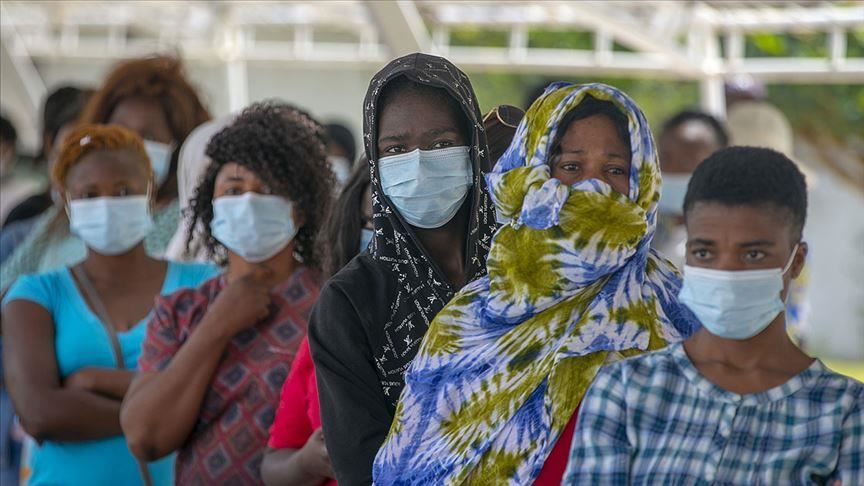As nations struggle to manage the health and economic crisis, urban development experts have observed that unsustainable urbanisation in cities could be linked to CoVID-19 impact on the female gender.
They called for increased gender sensitivity in the global response to the disease, to curb what they fear would be substantial adverse effects on lives and livelihoods of women.
According to them, there was the need to adopt stakeholders approach for co-creation of solutions to influence ongoing debates on rethinking planning systems in Africa and to integrate culture.
The experts spoke at the maiden edition of the Mariam Ladi Yunusa Memorial Dialogue which focused on, “New gendered global urbanisms: Re-examining women’s livelihoods in post-COVID mega cities”.
The Memorial Dialogue series was established to promote contemporary urban issues in Africa. Late Yunusa, is a Fellow of the Nigerian Institute of Town Planners (NITP), who until her demise last year, was the chairperson of Ladisgold Properties; a position she took after retiring from the United Nations Human Settlement Programme (UN-Habitat) in December 2015 as the Director of Partners and Inter-Agency Branch.
Speaking at the forum, the Director, UN-Habitat Regional Office for Africa, Mr. Oumar Sylla, explained that the limitations posed by CoVID-19 are related to wider challenges arising from unsustainable urbanisation in Africa, where cities have been at the forefront of the fight against the major pandemics.
Although, he said cities in the continent are yet to hit the peak of the pandemic, Africa is already coping with major social and economic challenges, with declining Gross Domestic Product, increasing poverty and several other concerns with women being the most vulnerable.
Sylla said informality in the economy, planning, and access to basic services has been major challenges with 50 per cent of people in the continent living in informal settlements, where women are mostly affected by informality.
According to him, based on recent report on the African context of COVID-19, up to 69 million people on the continent still struggle to have access to water which impacts sanitation and hygiene.
“Limited housing finance and exposure to the risk of eviction amidst economic crisis leads to rising fears among women due to barriers in accessing mortgage and lack of guarantee to land rights. Inequality should also be looked at within the context of gender-based violence, which has significantly increased in African countries during this time with women mainly affected”, he explained.
Contributing, a research Professor at the Manchester School of Architecture, Ola Oduku, said, “The situation is further compounded in urban settings, where circumstances are not amenable to work remotely, despite their caring responsibilities, which is heightened by the closure of childcare facilities and required amenities. Across the world, women’s access to promotion and employment has been adversely impacted by limited supported lifestyle and uncertainties.”
In his views, a Professor at the Western Carolina University, United States of America, Saheed Aderinto, noted that historically, pandemics have always had a unique impact on women, but the impacts have not been evident due to the dearth of critical studies that would have provided the template to think through gendering of pandemics to see the impact.
Besides, he said, diseases are always a manifestation of a long history of inequality between men and women within the context of colonialism, imperialism and the limited opportunities given to women in the colonial and post-colonial society.
The President, Nigerian Institute of Town Planners (NITP), Mr. Lekwa Ezutah, acknowledged the roles and contributions of late Yunusa in ensuring that Nigeria and the institute are put on the world stage with respect to urban planning issues.
“Through her dedication and hard work, Nigeria became more active in the affairs of UN-Habitat, and all activities that will lead Nigeria to the world stage,” he said.
A total of 106 practitioners drawn from across the development community, participated in the dialogue.
Guardianng




